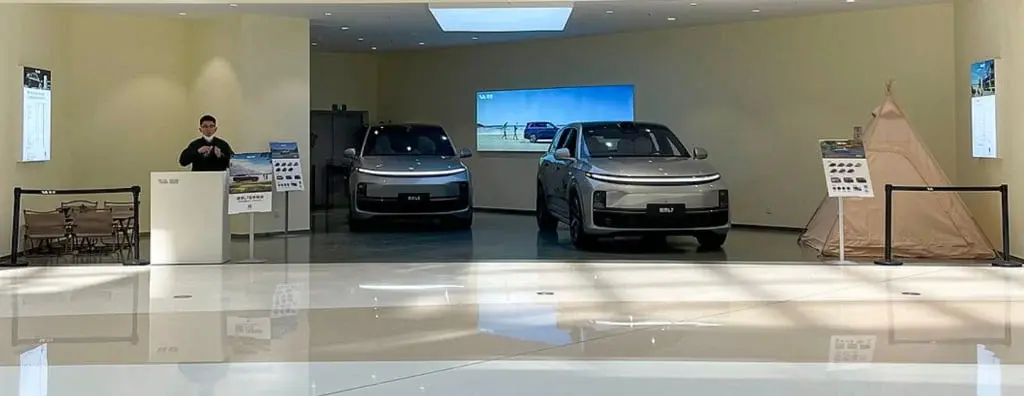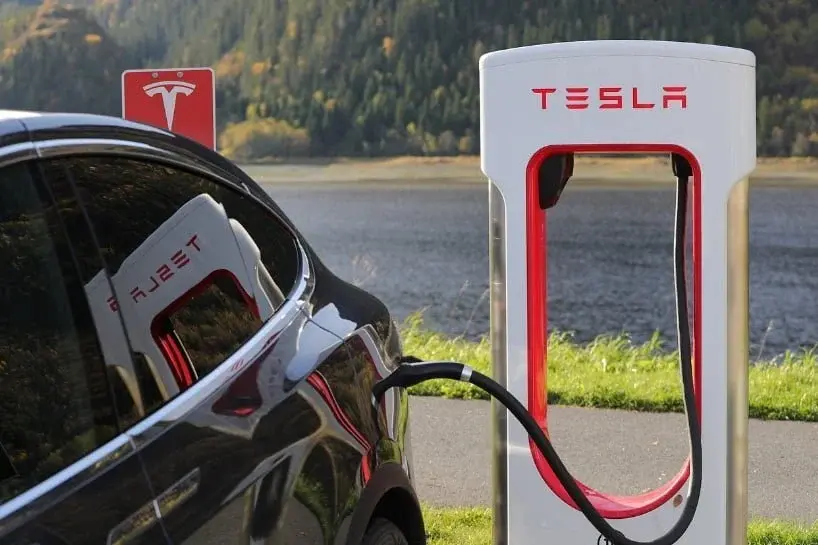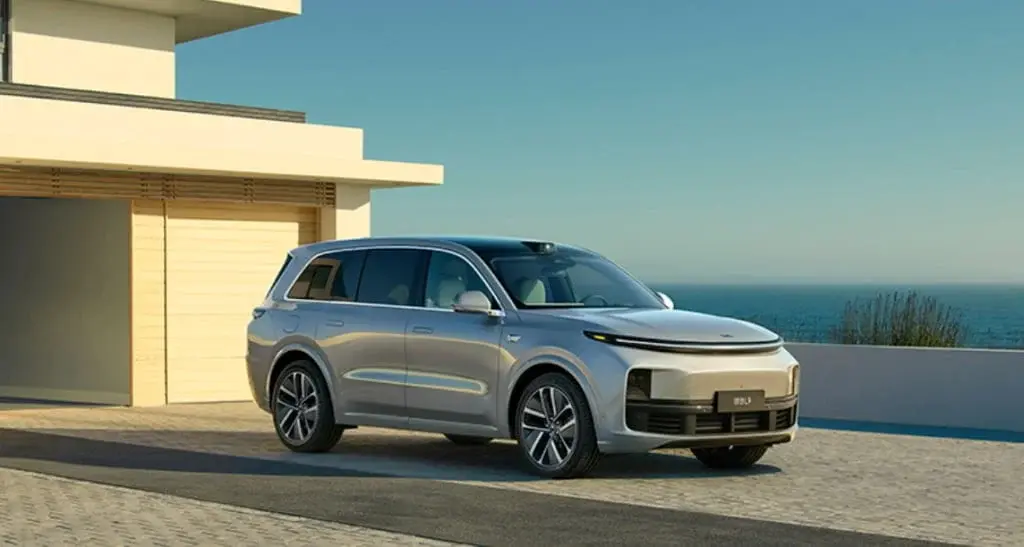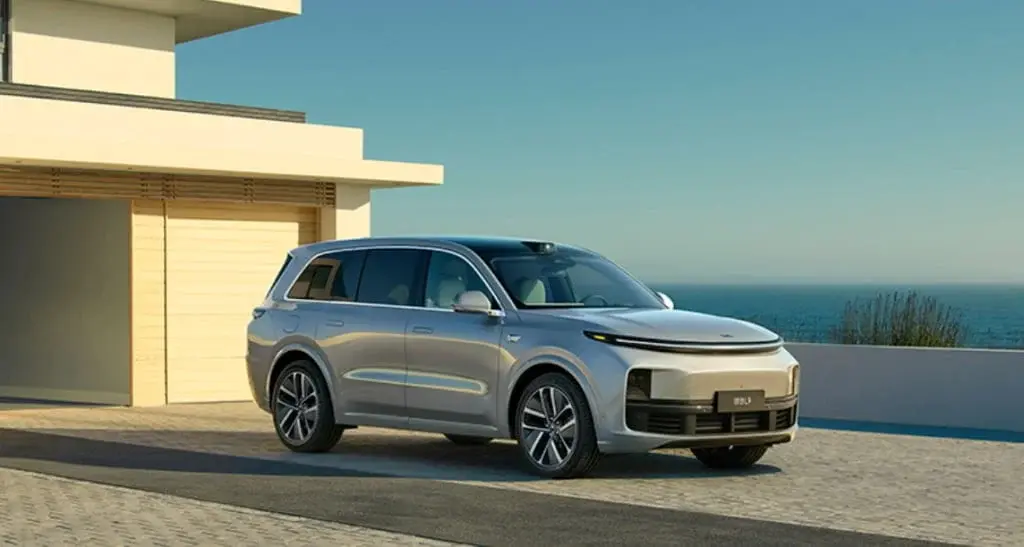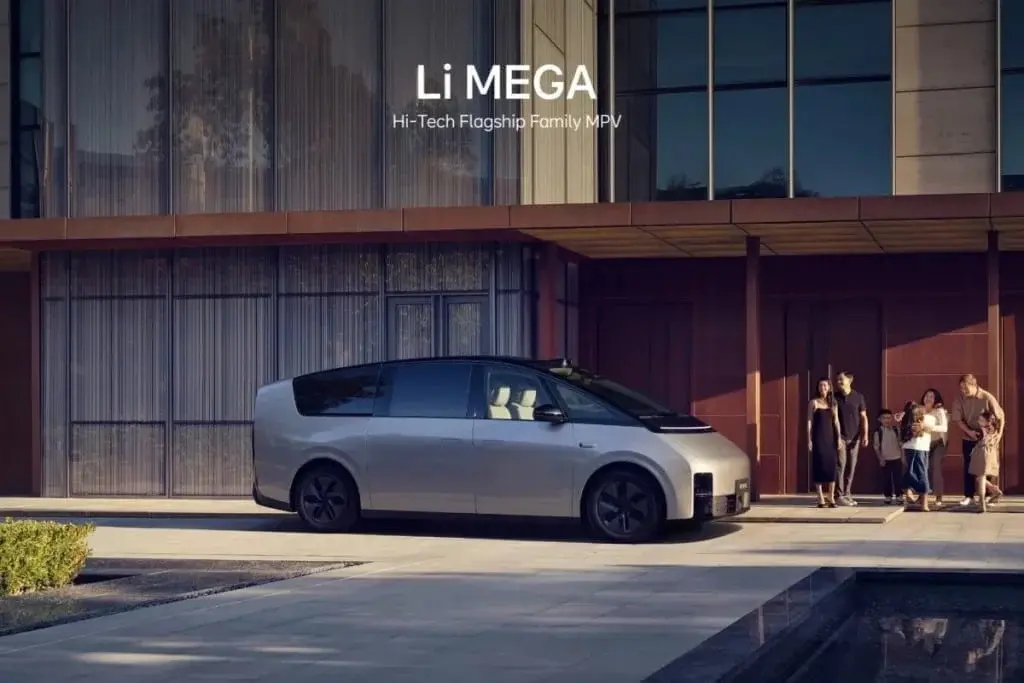Li Auto, a key player in China’s electric vehicle (EV) market, has unveiled an ambitious roadmap for its charging infrastructure and vehicle lineup, positioning itself as a leading provider of electric mobility solutions.
In a recently leaked document, it was revealed that Li Auto has revised its charging station expansion plan. Initially targeting 3,000 charging stations by 2025, the company now aims to establish over 10,000 supercharging stations within the same timeframe. This updated strategy involves collaborating with third-party partners to accelerate construction, showcasing a proactive approach to meeting the rising demand for EV charging infrastructure.
Supercharging Station Expansion Phases
The timeline for the expansion of supercharging stations is divided into specific phases. The year 2023 serves as the launch phase, commencing an escalation in construction efforts. By 2024, during the maturation phase, the goal is to surpass 4,000 stations, paving the way for the "breakout" phase in 2025, where expansion into tier 4 and 5 cities is planned. By 2026, Li Auto anticipates catering to the charging requirements of around 2.16 million battery electric vehicle (BEV) owners, underscoring the company's dedication to comprehensive infrastructure development.
Enhanced Vehicle Offerings
In addition to expanding its charging station network, Li Auto is also enriching its vehicle lineup. Known for models like Li L7, Li L8, and Li L9 extended-range electric vehicles (EREVs), the company is gearing up to introduce its first battery electric vehicle (BEV), the Li Mega MPV, on March 1. Furthermore, plans are in place to unveil three BEV models based on a high-voltage platform in the latter half of 2024, indicating a strategic shift towards all-electric mobility solutions.
Sales Targets and Infrastructure Coverage
Li Auto aims to achieve 800,000 annual BEV sales by 2024, with a specific emphasis on reaching at least 400,000 unit sales for its existing models. The company has set ambitious sales targets for individual models, including a monthly goal of 30,000 units for the Li L6 EREV and 8,000 units for the upcoming Li Mega BEV.
In terms of charging infrastructure coverage, Li Auto is targeting to encompass 90% of China’s highway mileage and major cities by 2025, with further expansion planned to cater to the needs of 920,000 BEV owners in tier 4 and 5 cities by the same year.
With these comprehensive expansion strategies, Li Auto is poised to make significant advancements in both the EV market and charging infrastructure, meeting the escalating demand for sustainable transportation solutions throughout China.

